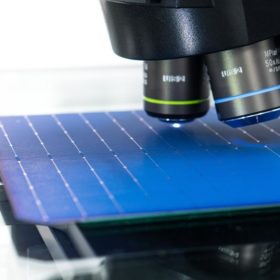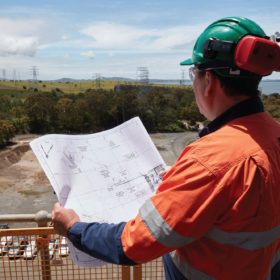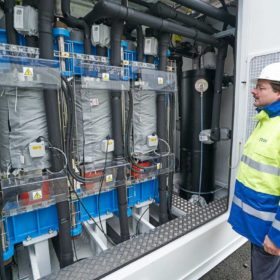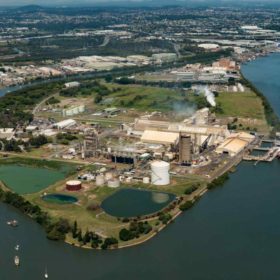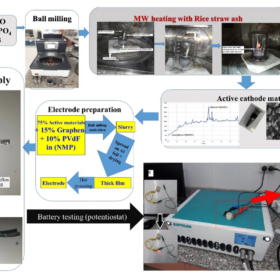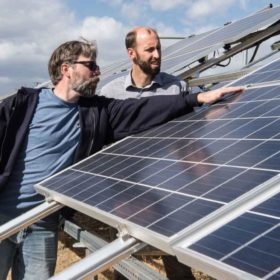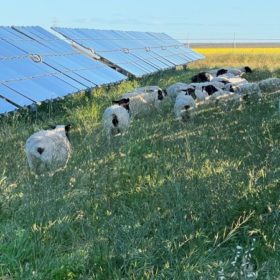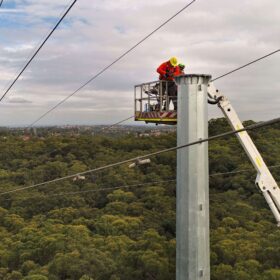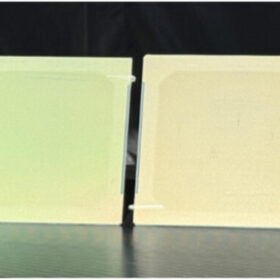Sodium-ion battery anode made from toxic hogweed
Russian researchers have transmuted poisonous Sosnowsky’s hogweed into high-grade anode material for sodium-ion batteries. The obtained material has a Coulombic efficiency of 87%, which is on par with the best reported results for hard carbons synthesised from other raw materials.
SunDrive lands $21 million to scale copper-based solar tech
World-beating Australian solar technology company SunDrive has completed a new $21 million (USD 13 million) funding round which will help commercialise its revolutionary solar cell technology that replaces silver with copper to improve solar panel efficiency and reduce costs.
EnergyAustralia reveals plan for new 500 MW big battery
Australian electricity gen-tailer EnergyAustralia will investigate the feasibility of installing a 500 MW/2000 MWh big battery energy storage system adjacent to its 1.4 GW Mount Piper coal-fired power station in New South Wales.
WA teams with ITM to explore electrolyser manufacturing potential
The Western Australia government is partnering with United Kingdom-based electrolyser manufacturer ITM Power and Germany’s Linde Engineering in a $450,000 (USD 278,106) study to develop a business case for the manufacturing of renewable hydrogen electrolysers within the state.
Solar-powered synthetic kerosene could be vital bridge to zero-emission flying
A study of the investment and innovation needed to achieve the European Green Deal’s aviation ambitions has highlighted the key role that synthetic fuel can play until hydrogen and electric flights become a reality.
Fortescue lands grant for massive hydrogen electrolyser in Queensland
Plans to build one of the world’s largest renewable energy powered electrolysers in Queensland continue to gather pace with the Australian Renewable Energy Agency awarding $13.7 million (USD 8.8 million) to the proponents of the project to help finance a $38 million front-end engineering and design study.
Northern Territory flicks switch on Alice Springs VPP
Smart technology that controls energy flow on power grids could soon be the norm in the Northern Territory with a trial launched in the outback town of Alice Springs that will test the economic and energy efficiency of a rooftop solar-driven virtual power plant.
Ultra-fast synthesis of nanocomposites for sodium ion batteries, supercapacitors
Researchers in Egypt have developed a synthesis method that uses the high microwave absorbance of silicon carbide content in rice straw ash and takes just 60 seconds to produce sodium iron phosphates-carbon nanocomposites (NaFePO4-C), which can be used as sodium ion battery cathodes and as symmetric supercapacitors.
How long do rooftop residential solar panels last?
Multiple factors affect the productive lifespan of a residential solar panel. In the first part of this series, we look at the solar panels themselves.
Bright reports positive signs in sheep grazing pilot
Renewables developer Bright Energy Investments has reported positive signs after launching a sheep grazing trial to replace mechanical methods of maintaining vegetation growth at the 40 MW Greenough River Solar Farm in Western Australia’s mid-west.

